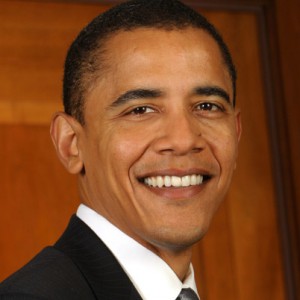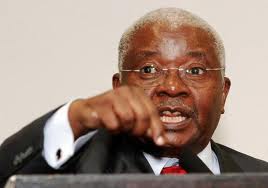Editorial Comment: Is the G8 still relevant?

THE Group of Eight most industrialised countries (G8) summit, which ended in Northern Ireland yesterday, was yet another missed opportunity for the world’s wealthiest nations to address the real challenges afflicting the globe at this moment as it degenerated into a hand wringing exercise about power games.
Instead of focusing on pressing issues such as the debt crisis, global economic recession, growing disparity between rich and poor nations, the G8 comprising Britain, France, Japan, Germany, the United States, Canada, Russia and Italy used their annual meeting to spar on the Syrian crisis and an espionage scandal that threatens to sour relations between the world’s most powerful countries.
Russian President Vladimir Putin and his US counterpart Barack Obama, who openly back rival sides in the two-year civil war in Syria, discussed the escalating conflict in a meeting on the sidelines of the summit on Monday.
They conceded that they differed in their approach to the crisis with Russia preferring to let the Syrians deal with their internal problems while the US has announced that it will arm the rebels pushing to overthrow President Bashar al-Assad.
President Obama said they had a “different perspective” on Syria, but they have a shared interest in stopping the violence and securing chemical weapons in the country while President Putin insisted that Russia had abided by international law when supplying weapons to Syria and demanded that Western countries contemplating arming the opposition do the same.
He referred to a video released last month purportedly showing a rebel Syrian fighter eating the heart of a dead soldier and asked if the West really wanted to support rebels “who not only kill their enemies but open up their bodies and eat their internal organs in front of the public and the cameras”.
Both leaders looked tense and uncomfortable as they addressed reporters after about two hours of talks, with Putin staring mostly at the floor as he spoke about Syria and Obama only glancing occasionally at the Russian leader. Away from the Syrian conflict, the G8 summit was also overshadowed by revelations that foreign politicians and officials who took part in the G20 summit meetings in London in 2009 had their computers monitored and their phone calls intercepted on the instructions of their British government hosts.
Russia, Turkey and South Africa expressed outrage on Monday after revelations that Britain and the United States spied on their delegates.
The Turkish government summoned Britain’s charge d’affaires to explain a newspaper report claiming that London placed Finance Minister Mehmet Simsek under surveillance during the talks while Moscow expressed concern that US spies had intercepted communications made by then-president Dmitry Medvedev while he was in Britain, and some Russian lawmakers warned it could harm US-Russian ties.
The claims are based on documents leaked by former US spy Edward Snowden, who has already invoked the ire of Washington by lifting the lid last week on a massive US Internet surveillance system.
According to The Guardian newspaper in the UK, Britain’s GCHQ electronic eavesdropping agency used “ground-breaking intelligence capabilities” to monitor communications at two G20 meetings in April and September 2009.
Delegates were allegedly tricked into using specially prepared Internet cafes which allowed British spies to intercept and monitor email messages and phone calls through BlackBerry devices.
GCHQ was also able to track when delegates were contacting each other and the agency targeted certain officials, including the finance minister of Nato ally Turkey. British Prime Minister David Cameron said he would not comment on intelligence matters, but the revelations were likely to be embarrassing as he hosts the G8 leaders.
Meanwhile, the UK was pushing to have tax, trade and transparency at the top of the agenda for its presidency of the G8. Mr Cameron has committed to making “fighting the scourge of tax evasion and aggressive tax avoidance a priority”. The UK has said it also wants to ensure anti-money laundering and counter-terrorist financing measures are effective, and help poorer countries collect tax revenues.
This all sounds like an ambitious programme. It used to be said that the G8 summit brought together the most powerful countries in the world and it was seen as the most important meeting of the world’s top global players, leaders able to wield pooled influence to further common interests and for the global good. But now analysts are questioning the club’s relevance.
The G8 no longer represents the top table in terms of economic size or speed of growth and the club has failed to meet its own aid pledges to the poor. It is too small to tackle global problems on its own and this year more than ever, it cannot even offer a united front on Syria, the most dangerous conflict of recent years. So the jury is still out on whether the G8 still holds relevance.











Comments